Category: biotech/medical – Page 2,630

Senescent Cells Linked to Age-Related Blood Clot Formation
Researchers at the Buck Institute, including Dr. Judy Campisi, have published a new study that shows, for the first time, that senescent cells are associated with age-related blood clots [1].
As we get older, increasing numbers of our cells enter into a state known as cellular senescence. Senescent cells do not divide or support the tissues of which they are part; instead, they emit a range of potentially harmful chemical signals known as the senescence-associated secretory phenotype (SASP), which encourages nearby healthy cells to enter the same senescent state.
The presence of high levels of SASP reduces tissue repair, increases chronic inflammation, and can even raise the risk of cancer and other age-related diseases.
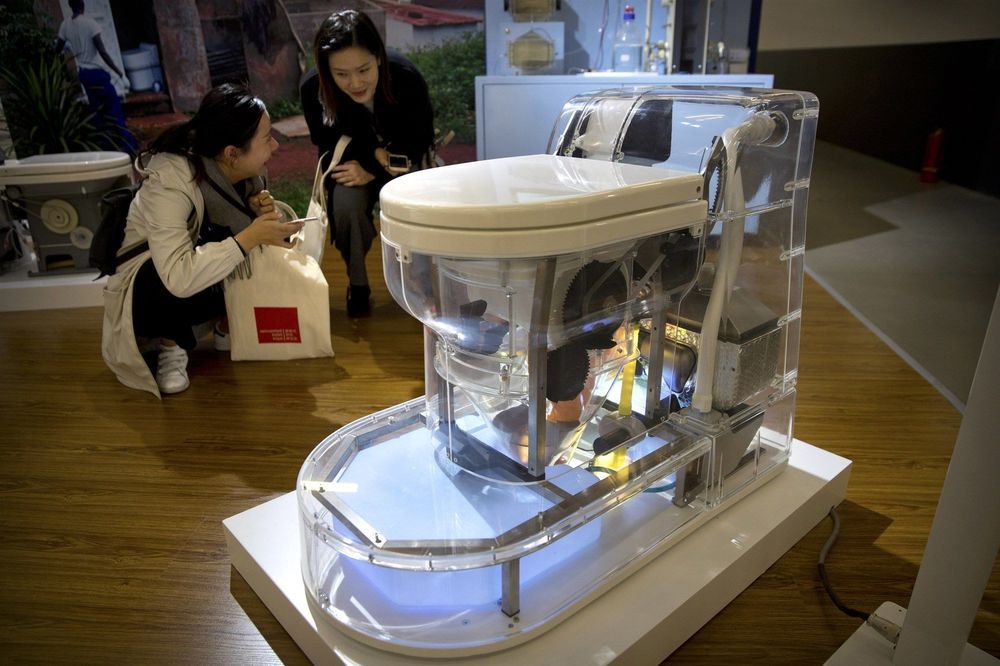
The New AI Toilets Will Scan Your Poop To Diagnose Your Ailments
Well, it’s sound weird but in the upcoming future, your toilet will be your mini doctor. A company called Micron is developing a smart artificial intelligence-powered toilet that will reportedly be able to diagnose your state of health and risk of disease by analyzing your bodily waste.
The major goal of this technology is to analyze bowel movements and recognize the signs for health issues or ailments early on. This information will also use to understand early symptoms of certain diseases.
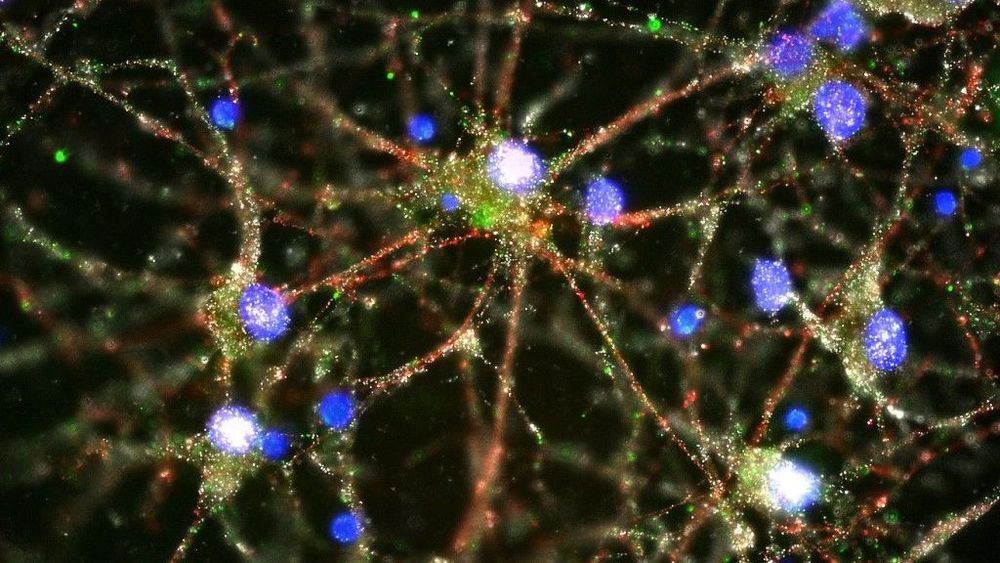
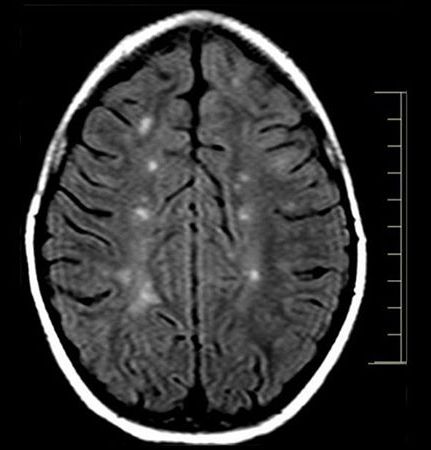
‘Provocative’ Results With Stem Cells in Progressive MS
STOCKHOLM — A new trial of autologous mesenchymal stem cells in progressive multiple sclerosis (MS) has shown encouraging results, with significant benefits vs placebo in several measures of disability.
The double-blind placebo-controlled phase 2 study — described as “very pioneering” and “provocative” by outside commentators — was presented at the recent 35th Congress of the European Committee for Treatment and Research in Multiple Sclerosis (ECTRIMS) 2019.
Both intravenous and intrathecal administration of the stem cells showed beneficial clinical effects compared with placebo in terms of Expanded Disability Status Scale (EDSS) changes and several other functional outcomes, but the intrathecal route appeared superior to intravenous administration, reported Dimitrios Karussis, Hadassah University Hospital, Jerusalem, Israel.
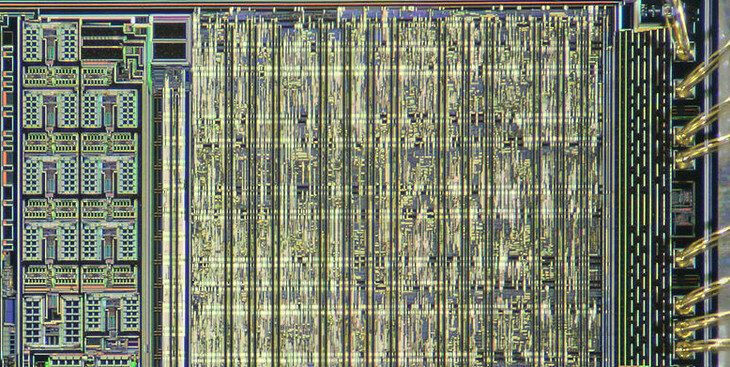
Jumping the gap may make electronics faster
A quasi-particle that travels along the interface of a metal and dielectric material may be the solution to problems caused by shrinking electronic components, according to an international team of engineers.
“Microelectronic chips are ubiquitous today,” said Akhlesh Lakhtakia, Evan Pugh University Professor and Charles Godfrey Binder Professor of Engineering Science and Mechanics, Penn State. “Delay time for signal propagation in metal-wire interconnects, electrical loss in metals leading to temperature rise, and cross-talk between neighboring interconnects arising from miniaturization and densification limits the speed of these chips.”
These electronic components are in our smartphones, tablets, computers and security systems and they are used in hospital equipment, defense installations and our transportation infrastructure.

Groudbreaking study accidentally reveals biological age may be reversible
A new study shows that scientists might be able to not only slow the process of aging but actually reverse it, Benjamin Button-style.
Volunteers in a California study were given a cocktail of three common drugs for one year— a growth hormone and two diabetes medications. Scientists had been testing the drugs in the hope of regenerating the thymus gland.
But upon further analysis, they found that participants had lost an average of 2.5 years on their “epigenetic clock,” measured by analyzing marks on a person’s genomes, according to the journal Nature. Participants’ immune systems also showed signs of rejuvenation.
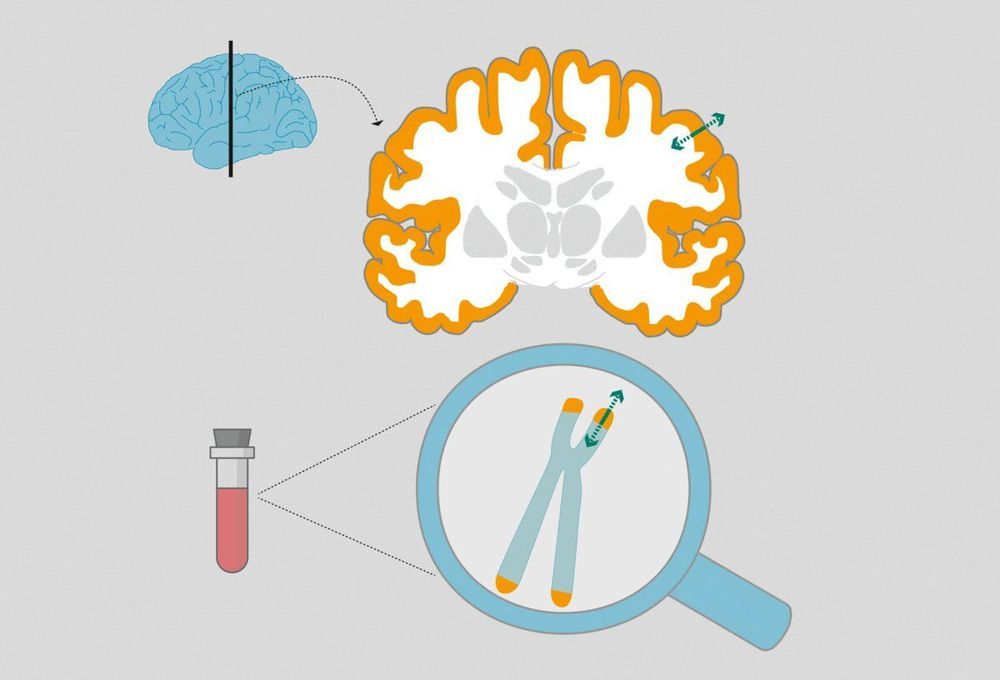
Cellular aging is linked to structural changes in the brain
Telomeres are the protective caps of our chromosomes and play a central role in the aging process. Shorter telomeres are associated with chronic diseases and high stress levels can contribute to their shortening. A new study now shows that if telomeres change in their length, that change is also reflected in our brain structure. This association was identified by a team of scientists including Lara Puhlmann and Pascal Vrtička from the Max Planck Institute for Cognitive Brain Sciences in Leipzig together with Elissa Epel from the University of California and Tania Singer from the Social Neuroscience Lab in Berlin as part of Singer’s ReSource Project.
Telomeres are protective caps at the ends of chromosomes that become shorter with each cell division. If they become so short that the genes they protect could be damaged, the cell stops dividing and renewing. Consequently, the cell is increasingly unable to perform its functions. This mechanism is one of the ways in which we age.
Telomere length is therefore regarded as a marker for the biological age of a person—in contrast to their chronological age. For two people of the same chronological age, the person with shorter telomeres has an increased risk of developing age-related diseases such as Alzheimer’s or cancer, and even a shorter life expectancy.

Meet Eight Tech Titans Investing In Synthetic Biology
“DNA is like a computer program but far, far more advanced than any software ever created.” Bill Gates wrote this in 1995, long before synthetic biology – a scientific discipline focused on reading, writing, and editing DNA – was being harnessed to program living cells. Today, the cost to order a custom DNA sequence has fallen faster than Moore’s law; perhaps that’s why the Microsoft founder is turning a significant part of his attention, and wallet, towards this exciting field.
Bill Gates is not the only tech founder billionaire that sees a parallel between bits and biology, either. Many other tech founders – the same people that made their money programming 1s and 0s – are now investing in biotech founders poised to make their own fortunes by programming A’s, T’s, G’s and C’s.
The industry has raised more than $12.3B in the last 10 years and last year, 98 synthetic biology companies collectively raised $3.8 billion, compared to just under $400 million total invested less than a decade ago. Synthetic biology companies are disrupting nearly every industry, from agriculture to medicine to cell-based meats. Engineered microorganisms are even being used to produce more sustainable fabrics and manufacture biofuels from recycled carbon emissions.

Can We Redesign The Modern City With Synthetic Biology? Could We Grow Our Houses Instead Of Building Them?
Imagine waking up every morning in a house that is just as alive as you are. With synthetic biology, your future home could be a living, breathing marvel of nature and biotechnology. Yes, it’s a bold ambition. But this kind of visionary thinking could be the key to achieving sustainability for modern cities.
Our current homes and cities are severely outdated. Dr. Rachel Armstrong, a synthetic biologist and experimental architect, says, “All our current buildings have something in common: they’re built using Victorian technologies.” Traditional design, manufacturing, and construction processes demand huge amounts of energy and resources, but the resulting buildings give nothing back. To make our future sustainable, we need dynamic structures that give as much as they take. We need to build with nature, not against it.
In nature, everything is connected. For the world’s tallest trees—the California redwoods— their lives depend on their connection to each other as well as on a host of symbiotic organisms. Winds and rain batter the California coast, so redwoods weave their roots together for stability, creating networks that can stretch hundreds of miles. The rains also leach nutrients from the soil. But fungi fill the shortage by breaking down dead organic matter into food for the living. A secondary network of mycelia—the root-like structures of the fungi—entwine with the tree roots to transport nutrients, water, and chemical communications throughout the forest. What if our future cities functioned like these symbiotic networks? What if our future homes were alive?